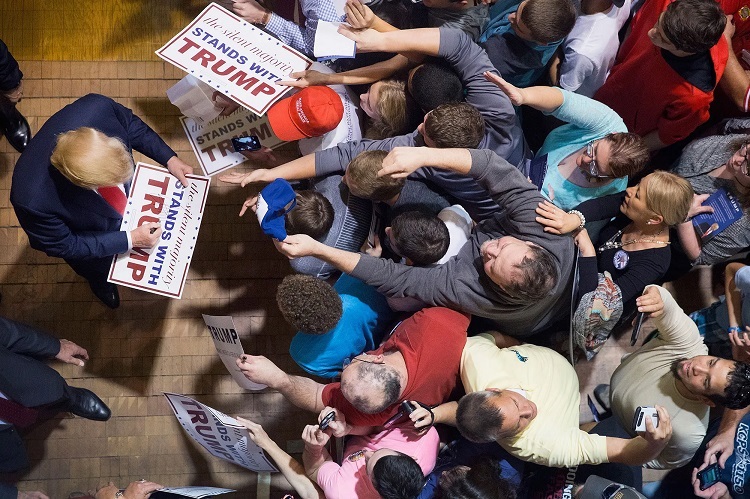Politics
The Evolution of Modern Political Thought: From Monarchies to Democracies

Introduction
From ancient city-states to the vast empires of the 20th century, the evolution of political thought has fundamentally reshaped societies. Recognizing historical shifts in governance deepens our understanding of present-day challenges and provides context for future trajectories.
Ancient and Classical Political Systems
Ancient civilizations, particularly Greek city-states and the Roman Empire, laid the foundation for political discourse. Greek luminaries like Plato and Aristotle dissected governance with their philosophical inquiries, revolving around the ideal state or ‘Polis.’ Meanwhile, the Roman Republic, symbolized by its Senate, showed the merits and pitfalls of representative governance, eventually transforming into an empire under Augustus.
The Middle Ages and Feudalism
Feudalism dominated the Middle Ages, with lands owned by lords who commanded the allegiance of serfs. Parallelly, the Church became a massive influencer, directing political thought with its vast reach. However, the Magna Carta in 1215 planted the idea of constitutional governance, hinting at the shift from absolute to limited monarchies.
Renaissance and the Revival of Classical Thought
The Renaissance era rekindled interest in classical texts, renewing debates on governance and the role of rulers. In “The Prince,” Machiavelli advocated a pragmatic, sometimes ruthless, approach to statecraft, a stark departure from idealized governance.
The Age of Absolutism and Enlightened Monarchies
As Europe transitioned through the Renaissance, absolutist monarchs, believing in the “Divine Right of Kings,” consolidated power. However, Enlightenment thinkers like Locke, Voltaire, and Rousseau began critiquing this autocracy, laying philosophical grounds for democratic revolutions.
Revolutions and the Birth of Democracies
The American Revolution was monumental, heralding a new age of republicanism. Soon, the French Revolution erupted, disseminating revolutionary ideals across Europe. At the core was the concept of popular sovereignty, where governance was an agreement – a social contract – between rulers and the ruled.
19th Century: Nationalism and Liberalism
The 19th century witnessed a growing challenge to monarchy via nationalism and the rise of nation-states. Liberal ideals burgeoned, and constitutions became foundational texts in many newly-established nations, limiting monarchic powers and ensuring citizens’ rights.
20th Century: Totalitarianism and the Resilience of Democracies
The two World Wars tested democratic ideals to their limits. Fascist and Communist regimes rose, painting stark contrasts to democratic governance. Yet, after the tumult, democracies showed resilience. Post-War periods saw the establishment of institutions like the United Nations and the European Union, fortifying global democratic ideals.
Challenges to Modern Democracies
However, the journey of democracies isn’t without hurdles. The recent rise of populism questions the existing order, and technology, especially social media, complicates the democratic discourse with the proliferation of fake news and information warfare. Democracies today are at a crossroad, needing to adapt to an ever-evolving world.
Conclusion
From monarchies ruling by divine right to democracies powered by the will of the people, the odyssey of political thought reflects humanity’s unyielding desire for equity, justice, and representation. To shape a promising future, understanding our political past is not just beneficial – it’s imperative.

 Fashion1 year ago
Fashion1 year agoSustainable Style: How Eco-Fashion is Redefining Modern Wardrobes

 Home Improvement7 years ago
Home Improvement7 years agoHome Improvement is The Best Way To Go.

 Home Improvement6 years ago
Home Improvement6 years agoGreen Alternatives for Carpet Cleaning

 Technology5 years ago
Technology5 years agoHow the iPad Powered Through All the Flak

 Technology6 years ago
Technology6 years agoAustralia’s Tech Start-ups Could Become Highly Profitable

 Technology7 years ago
Technology7 years agoAdvantages of Using Safety Management Software

 Home Improvement7 years ago
Home Improvement7 years agoHow to Survive a Renovation Project

 Technology7 years ago
Technology7 years agoMust Have Photography Apps For Your Tablet



















You must be logged in to post a comment Login